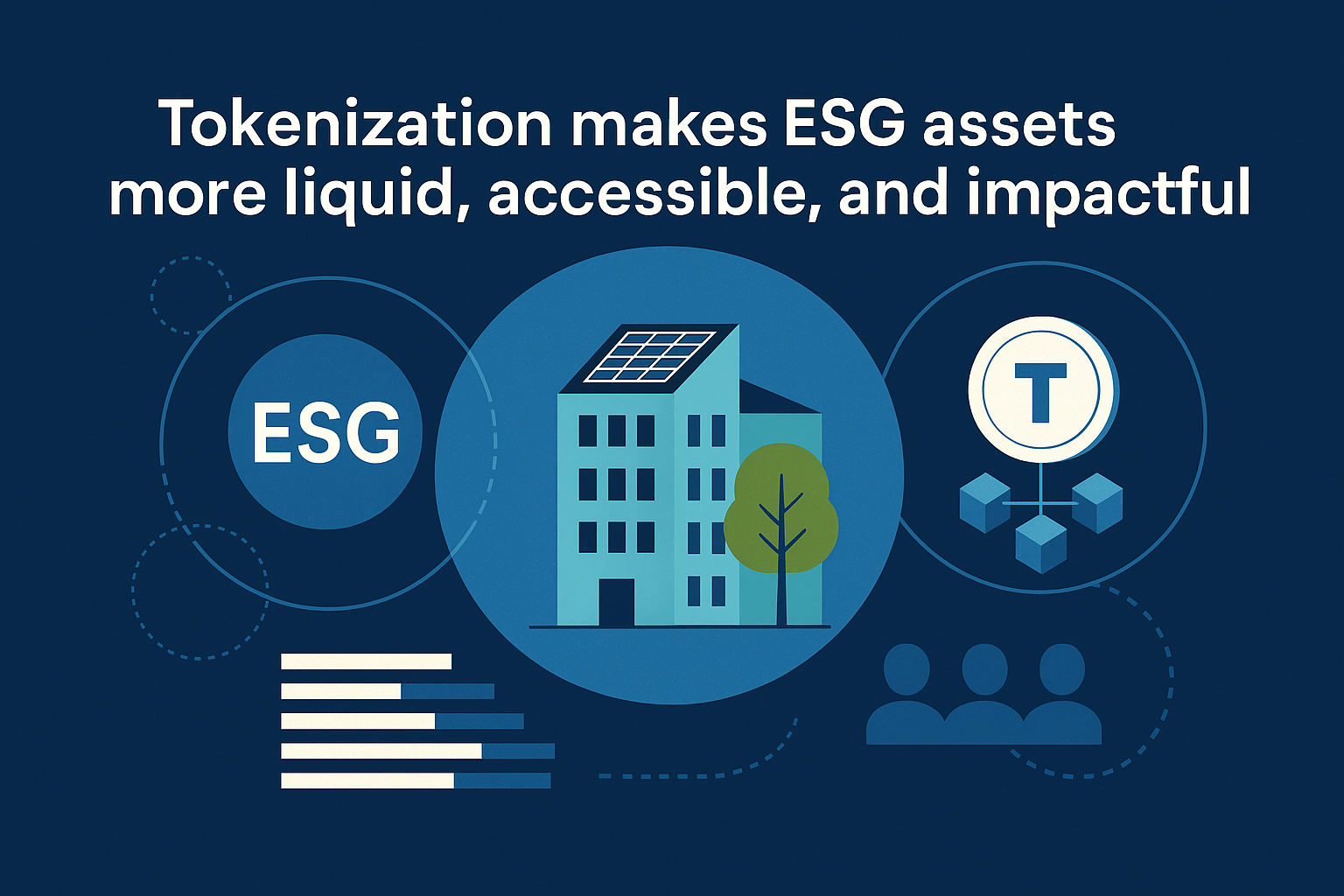Ripple Labs, known for its groundbreaking innovations in blockchain and cryptocurrency, has announced an ambitious initiative to revolutionize the real estate industry through tokenization. This strategic move aims to address long-standing challenges in the property market, including illiquidity, high entry barriers, and cumbersome transaction processes.
What is Tokenization?
Tokenization refers to the process of converting physical or intangible assets into digital tokens on a blockchain. These tokens represent ownership stakes or other rights associated with the asset. In the context of real estate, tokenization enables properties to be divided into smaller, tradable units, providing unprecedented accessibility for investors.
The Ripple Advantage
Ripple Labs plans to leverage its existing blockchain infrastructure, including the XRP Ledger (XRPL), to facilitate this transformation. XRPL is renowned for its speed, scalability, and low transaction costs, making it an ideal platform for real estate tokenization. By utilizing this technology, Ripple aims to simplify property transactions, reduce costs, and increase transparency for buyers, sellers, and investors alike.
Key Benefits for the Real Estate Market
- Enhanced Liquidity: Real estate has traditionally been an illiquid asset, often requiring significant time and resources to buy or sell. Tokenization enables fractional ownership, allowing investors to trade small portions of a property on secondary markets, much like stocks.
- Lower Entry Barriers: High property prices have historically excluded smaller investors. Tokenization democratizes access, enabling individuals to invest in real estate with minimal capital.
- Increased Transparency: Blockchain technology ensures that all transactions are recorded on an immutable ledger, reducing fraud and enhancing trust among market participants.
- Global Investment Opportunities: Tokenized real estate can be accessed by investors worldwide, breaking down geographical barriers and expanding the pool of potential buyers.
Ripple’s Real Estate Initiative
Ripple’s real estate tokenization initiative will initially focus on creating partnerships with developers, property management companies, and investment firms. These partnerships aim to tokenize a range of property types, including residential, commercial, and industrial real estate. The pilot phase will involve the tokenization of select properties, providing a proof of concept for broader adoption.
Challenges and Considerations
While the potential benefits of real estate tokenization are immense, Ripple Labs must navigate several challenges:
- Regulatory Compliance: Real estate tokenization must comply with complex legal frameworks in multiple jurisdictions, which may vary significantly.
- Market Adoption: Convincing traditional real estate stakeholders to embrace blockchain technology could be an uphill battle.
- Technical Security: Ensuring the security of tokenized assets and safeguarding against cyber threats will be critical for success.
The Future of Real Estate Tokenization
Ripple’s initiative aligns with a broader trend of blockchain integration in traditional industries. As tokenization gains traction, it has the potential to redefine real estate investment, making it more inclusive, efficient, and transparent. Ripple’s expertise and technological infrastructure position it as a key player in driving this transformation.
By bringing blockchain technology to the real estate market, Ripple Labs is setting the stage for a more accessible and liquid property investment landscape. While challenges remain, the potential rewards for investors, property owners, and the broader market are too significant to ignore. Ripple’s real estate tokenization initiative represents a bold step toward the future of property transactions and investment.
Stay tuned for updates as Ripple Labs continues to pave the way for innovation in real estate through tokenization.




